"This is history, memory, and mystery that will haunt the reader for a long time."
- Glenda E. Gilmore Peter V. and C. Vann Woodward Professor of History, Yale University
"...Faulknerian in its revelations and observations of human nature, clearly spotlighting the question of real responsibility not just for active human evil, but also for spawning its activity.... Wells shows us that lynchings were (and are) the tip of the iceberg, the cruel result of calculated manipulation of our base human natures and our cowardliness in not confronting evil when we see it, either now or then. While this book lacks Twain's humor, it rivals his incisiveness."
-Tex Wood, author (Likable Sins) and English Professor, Southern West Virginia Community and Technical College
"Author does dogged detective work about a family murder."
"One of the most chilling recent books about local history comes to our eyes via self-publication. In 'A Game Called Salisbury' (Infinity Publishing), Susan Barringer Wells presents the story of a series of murders and retributive lynchings that had taken place within her family a century ago. The book is exhaustively researched and compellingly related. To be passionate about a subject is one thing; to tell the story in a fresh and focused way, as Wells does, is a rarer achievement."
- Rob Neufeld, Asheville Citizen-Times
"The study's emphasis on the media's role in the lynchings is of particular interest. Drawing on a range of newspaper accounts, Wells shows how journalists presupposed the men's guilt and fueled whites' desire for revenge. She also underscores the legal system's disservice to the murder suspects.... Wells's description of the scant punishment mob members faced...is notable for its exposure of the class prejudice that coexisted with racial prejudice in early twentieth-century North Carolina. A Game Called Salisbury makes for engaging, albeit disturbing, reading."
- Elizabeth Crowder, The North Carolina Historical Review
"The author says in the Preface that the book was `a little about me,' but, in reality, the book is all about her, for throughout the book, the reader is entranced by her ability to delve into the grisly details of her ancestors' violent deaths, yet maintain objectivity, and compassion for the alleged murderers, whom she also labels as victims. Though she is not a trained historian, in this way she is able to maintain a historian's distance. But Wells tends to inject into the discussion her political opinions about events in today's era, which is a bit distracting. Still, overall, the book is well worth reading. It complements Alexander S. Leidholdt's study (`Editor for Justice') of lynchings in Virginia and the rise of Louis I. Jaffe, a Virginian Pilot editor, as a national crusader against the crime."
- Tommy Bogger, professor of History and Director of the Harrison B. Wilson Archives at Norfolk State University, for the Virginian Pilot
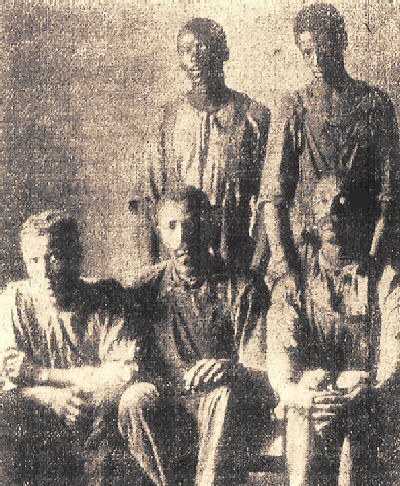
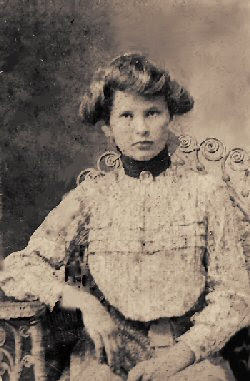
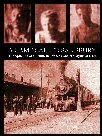




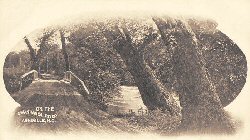



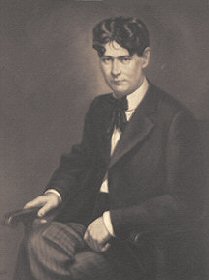

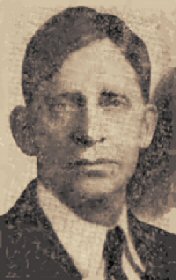
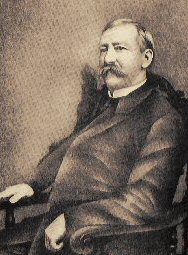
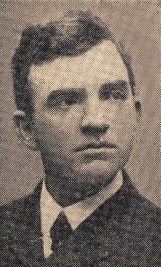

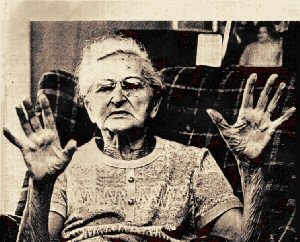
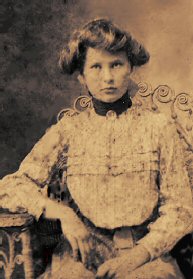


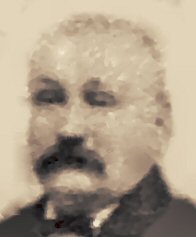

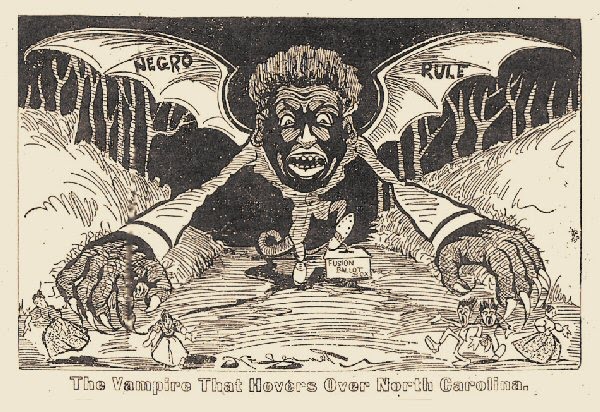
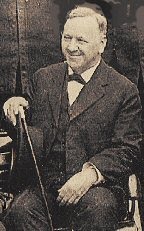
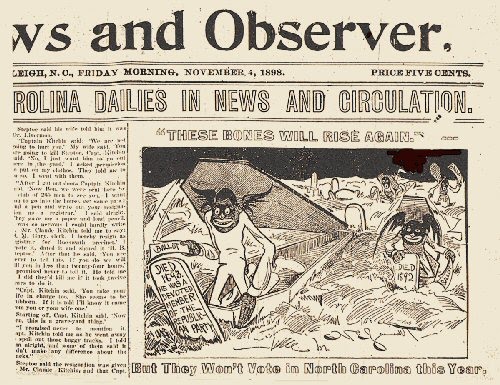
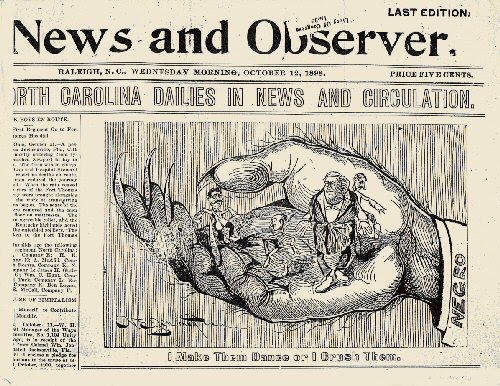
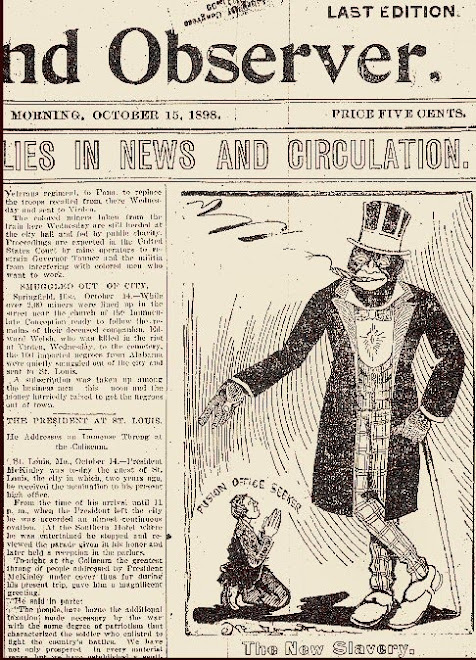
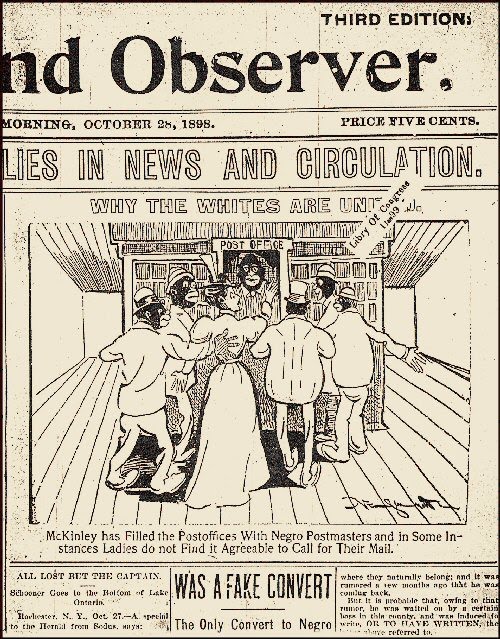
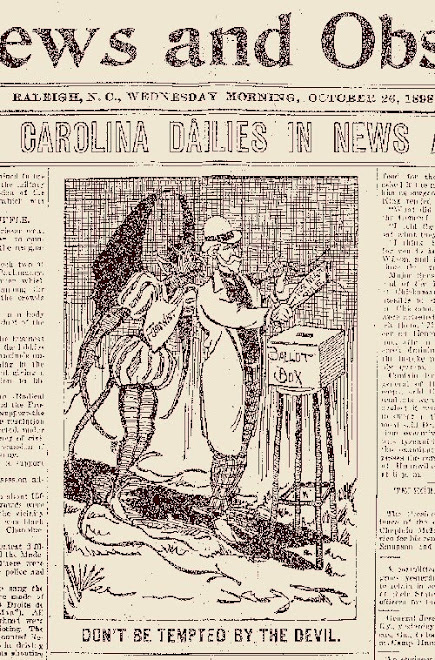
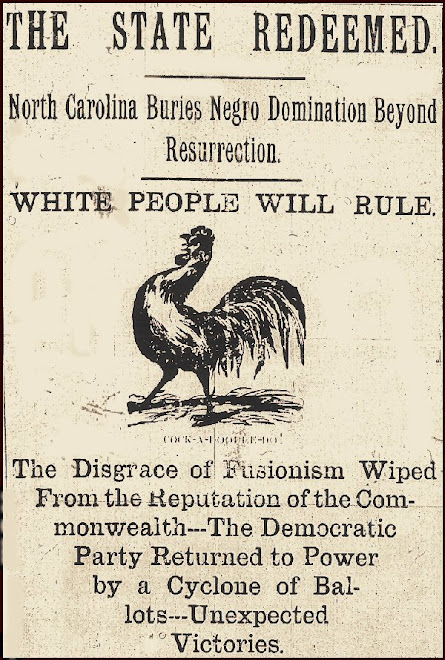

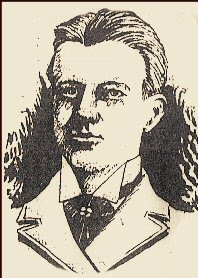
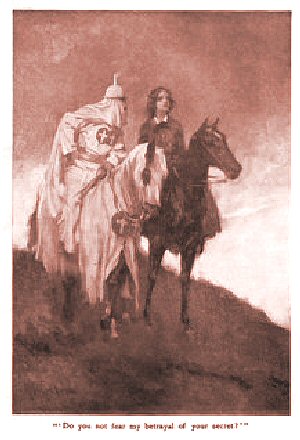
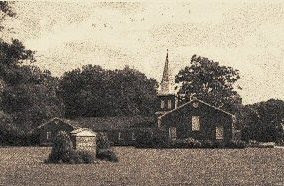

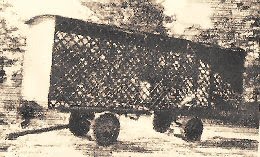

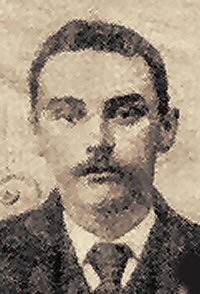
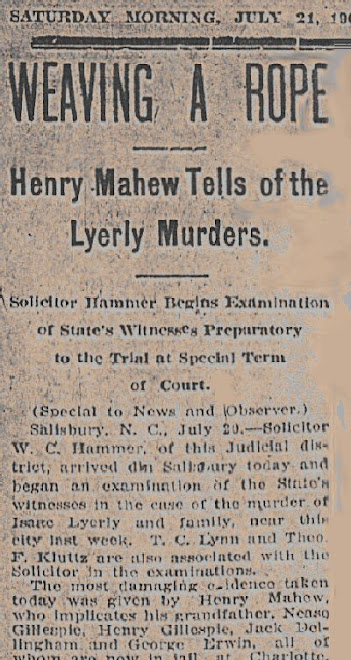
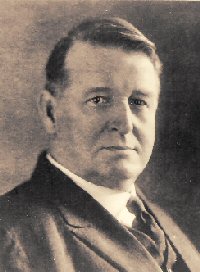
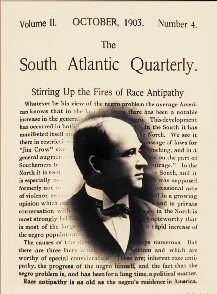

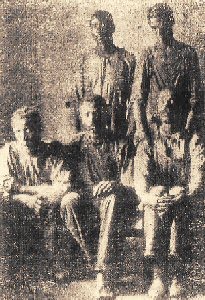
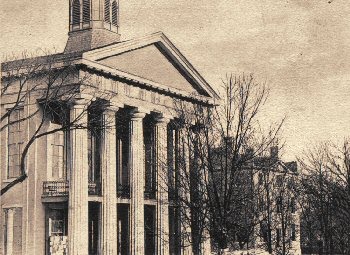

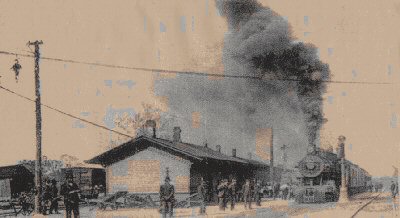


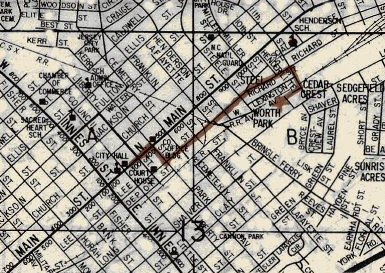

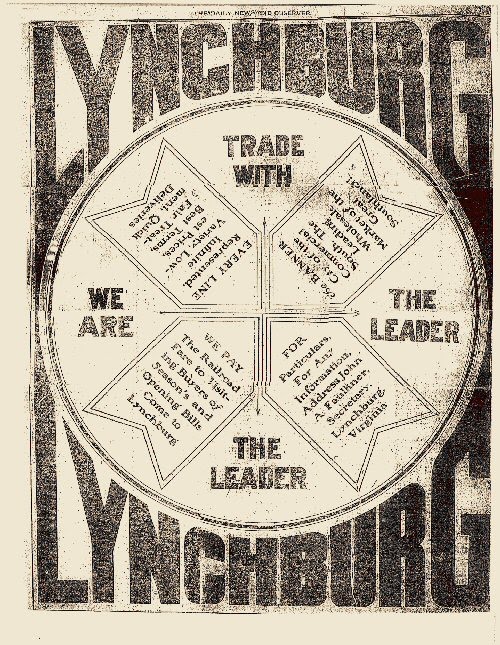
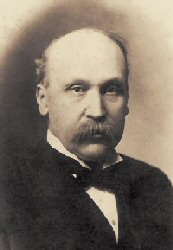
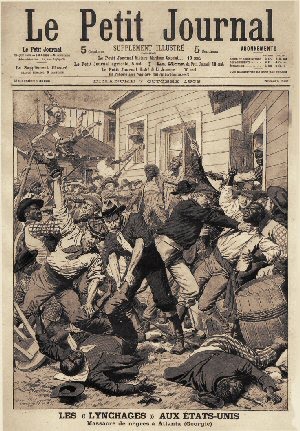
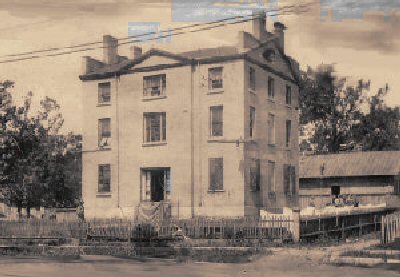
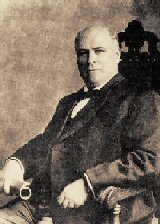
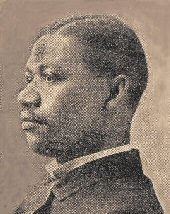

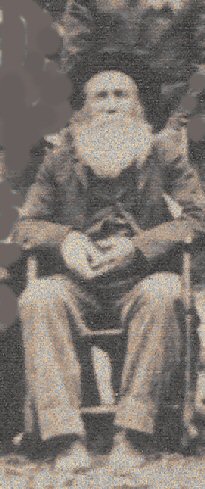
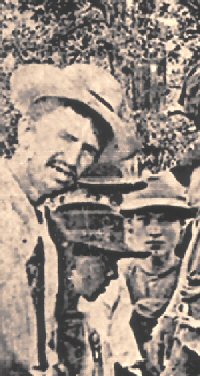
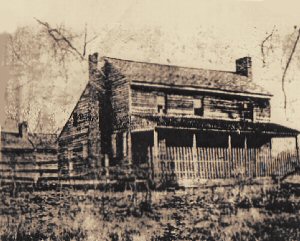

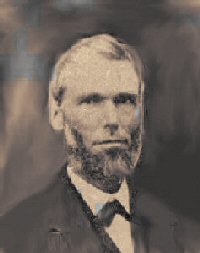
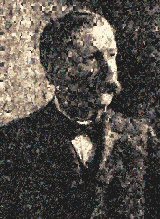



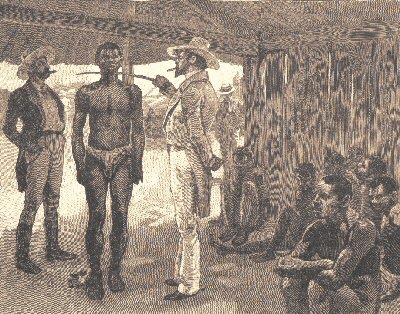

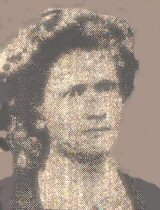


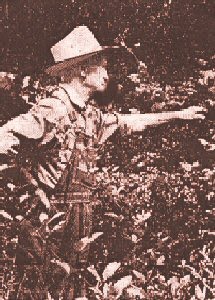
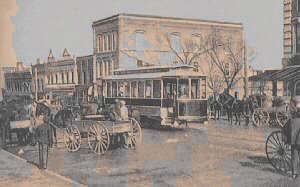


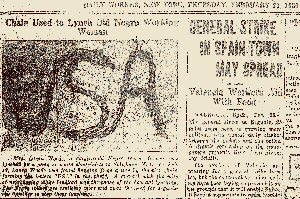
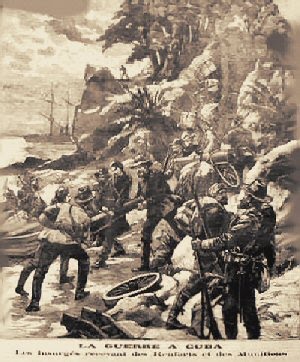
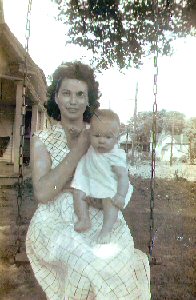
No comments:
Post a Comment